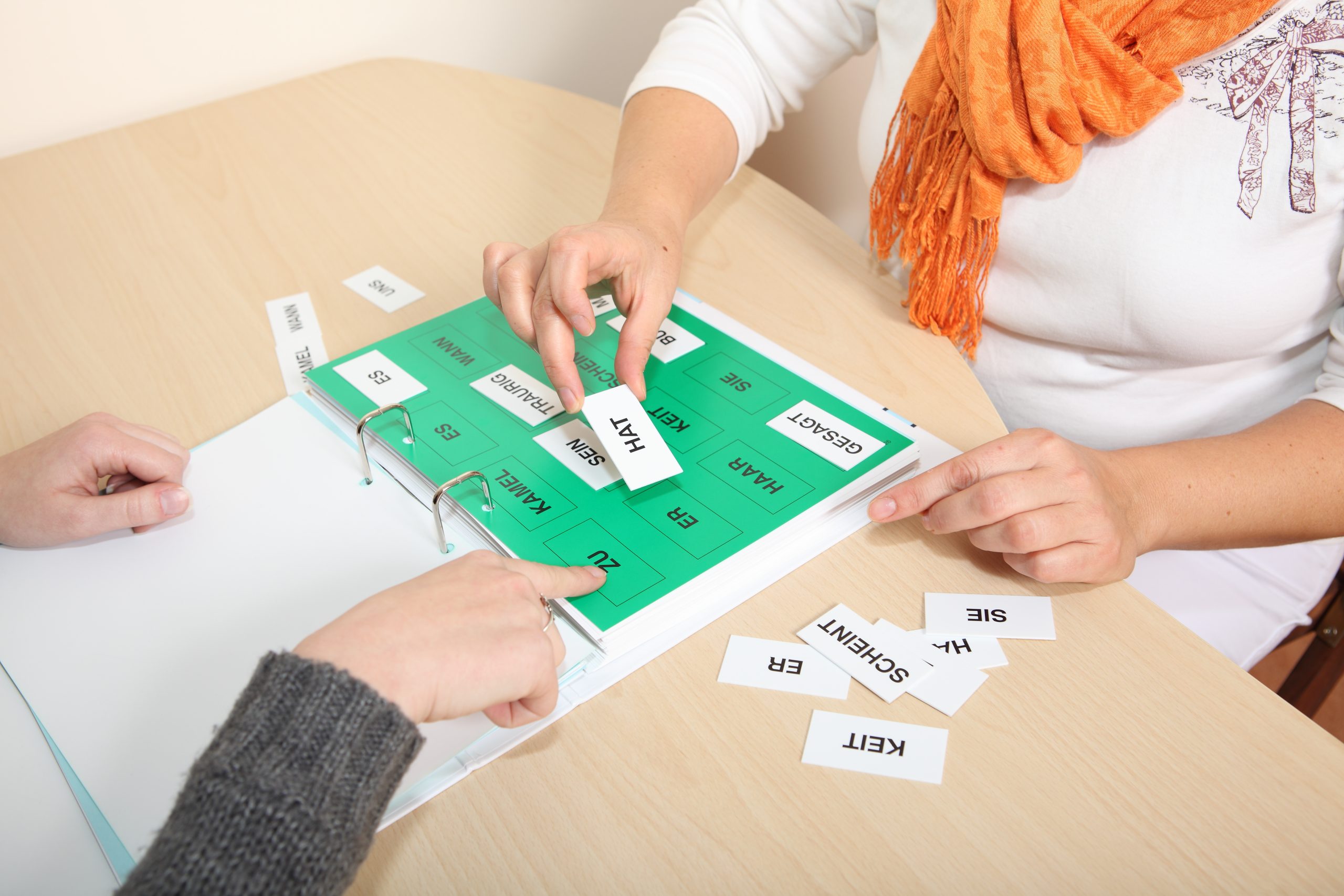

Dyslexia assessments for adults
What is an assessment?
An assessment for dyslexia helps identify strengths, difficulties and how you learn.
An assessment usually lasts around 2 hours and consists of a series of exercises which will help the assessor understand how your brain processes information.
Assessments are usually carried out by a psychologist or dyslexia specialist.
Why have an assessment?
The reason for having an assessment is different for each person. Some people simply want to know whether or not they are dyslexic, maybe having wondered for a long time. Some people might want to think about the support they need in Further Education. Others might find an assessment useful to help explain their dyslexia to an employer and to ask for reasonable adjustments at work. It is important to note that you don’t necessarily need to have an assessment in for your needs to be met.
How to get an assessment
Dyslexia Scotland has a list of qualified assessors based in different parts of Scotland who can carry out assessments for dyslexia. They are either psychologists or qualified dyslexia specialists and are based in different parts of Scotland.
Contact our Helpline to request contact details of qualified assessors.
Who carries out a dyslexia assessment?
Assessments should only be carried out by people who have qualifications to do this.There are a number of online screening tools for dyslexia but these will not tell you definitively if you are dyslexic. However they can be useful in giving you some initial information.
How much does a dyslexia assessment cost?
There are no free assessments for adults and the cost can range from £350 – £650.
If you are employed, it is worth considering asking your employer if they would pay all or some of the cost of the assessment if you think it will help you work to your best strengths. Employers are not obliged to pay for the cost of an assessment but it could benefit the organisation as well as you.
After an assessment
After an assessment you should get a verbal and written report of the findings with suggestions of strategies that might help.
You might experience a range of emotions following an assessment. Some people feel relieved or euphoric. Others might feel angry that they have not been able to get help earlier.
The assessment might show that what you are experiencing is not dyslexia but it should still outline your strengths and things you find difficult.